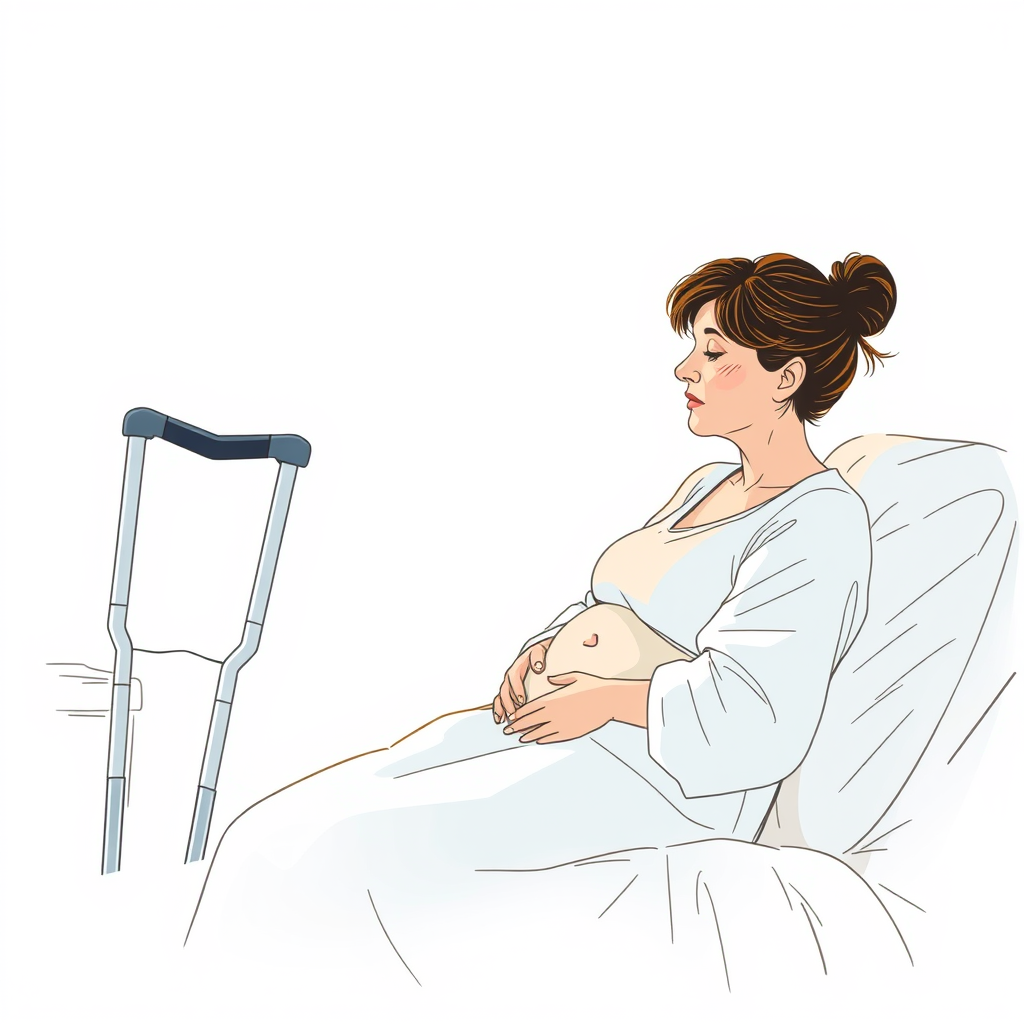Weight Loss Surgery Left Woman Paralyzed

A British woman has recounted a harrowing experience after undergoing weight loss surgery in Turkey, leaving her temporarily paralysed from the neck down. Danielle Peebles, 42, travelled to Turkey in June 2023 seeking a gastric sleeve procedure due to a seven-year waiting list for bariatric surgery within the National Health Service (NHS). Weighing 28 stone (177kg) at the time, Ms. Peebles described feeling “desperate” to improve her health and be able to actively enjoy time with her grandson.
Initially, the surgery appeared successful, and Ms. Peebles felt relieved. However, upon returning to the UK, she began to suffer severe health complications despite losing a significant 15 stone (95kg). Her condition rapidly deteriorated, culminating in paralysis and a diagnosis of nutritional neuropathy – a rare and severe vitamin deficiency.
Ms. Peebles awoke in Salford Royal Hospital, Greater Manchester, shocked and unable to move. Following five months of intensive rehabilitation, she remarkably regained the ability to walk, leaving the hospital on crutches. She described the experience as devastating, particularly the fear she might never walk again.
Ms. Peebles recently met with the medical team who aided her recovery, expressing profound gratitude for their care. However, she also cautioned others about the potential risks of seeking cheaper surgery abroad, admitting she hadn’t fully understood the potential consequences.
Medical professionals highlight that gastric surgery patients are vulnerable to nutritional deficiencies due to reduced stomach size and appetite, potentially leading to a lack of essential vitamins, particularly B vitamins. This case underscores a growing concern among medics regarding the increasing number of Britons experiencing complications – and even death – after undergoing cut-price obesity surgery overseas. Approximately 5,000 individuals travel abroad annually for such procedures, attracted by significantly lower costs.
This influx of patients requiring complex post-operative care is also placing a strain on the NHS, contributing to delays in routine procedures like hip and knee replacements as valuable hospital beds are occupied. Ms. Peebles’ story serves as a stark warning: while the appeal of affordable surgery is understandable, the potential cost to one’s health and the burden on healthcare systems must be carefully considered. The pursuit of a quick fix should not overshadow the importance of comprehensive pre- and post-operative care, ideally within a regulated healthcare system.